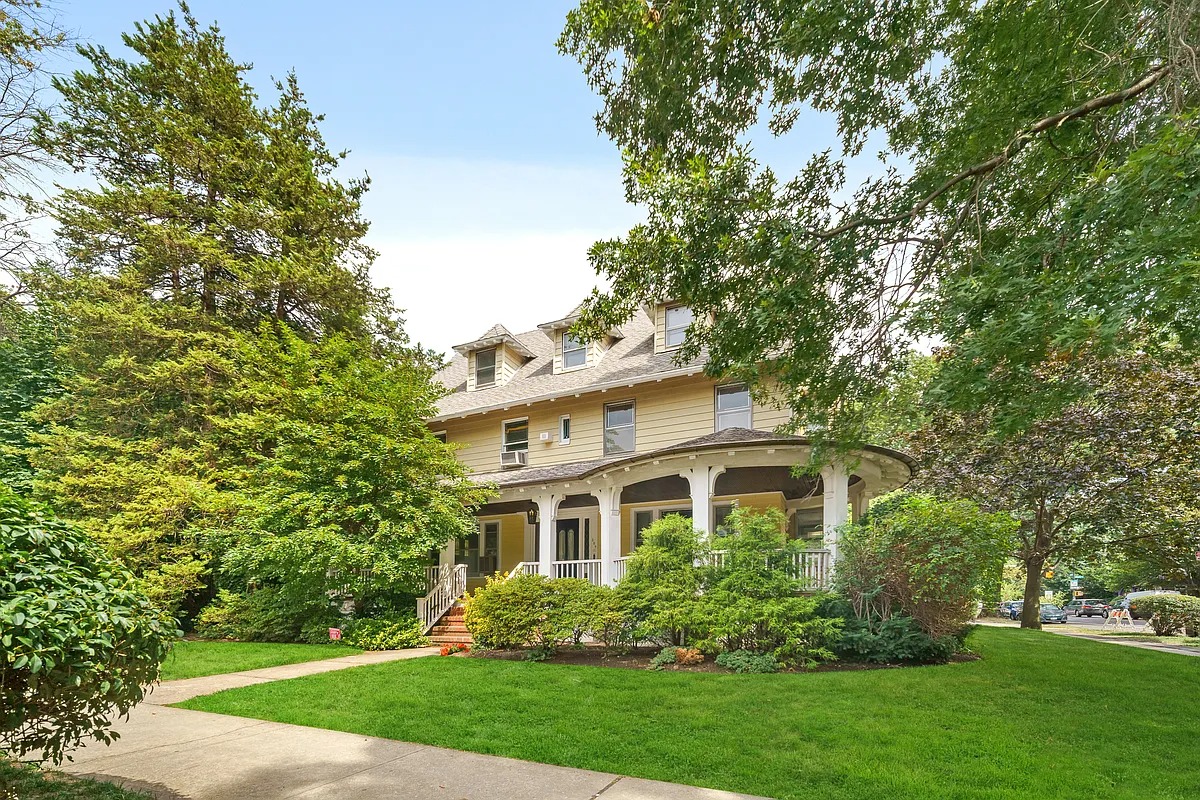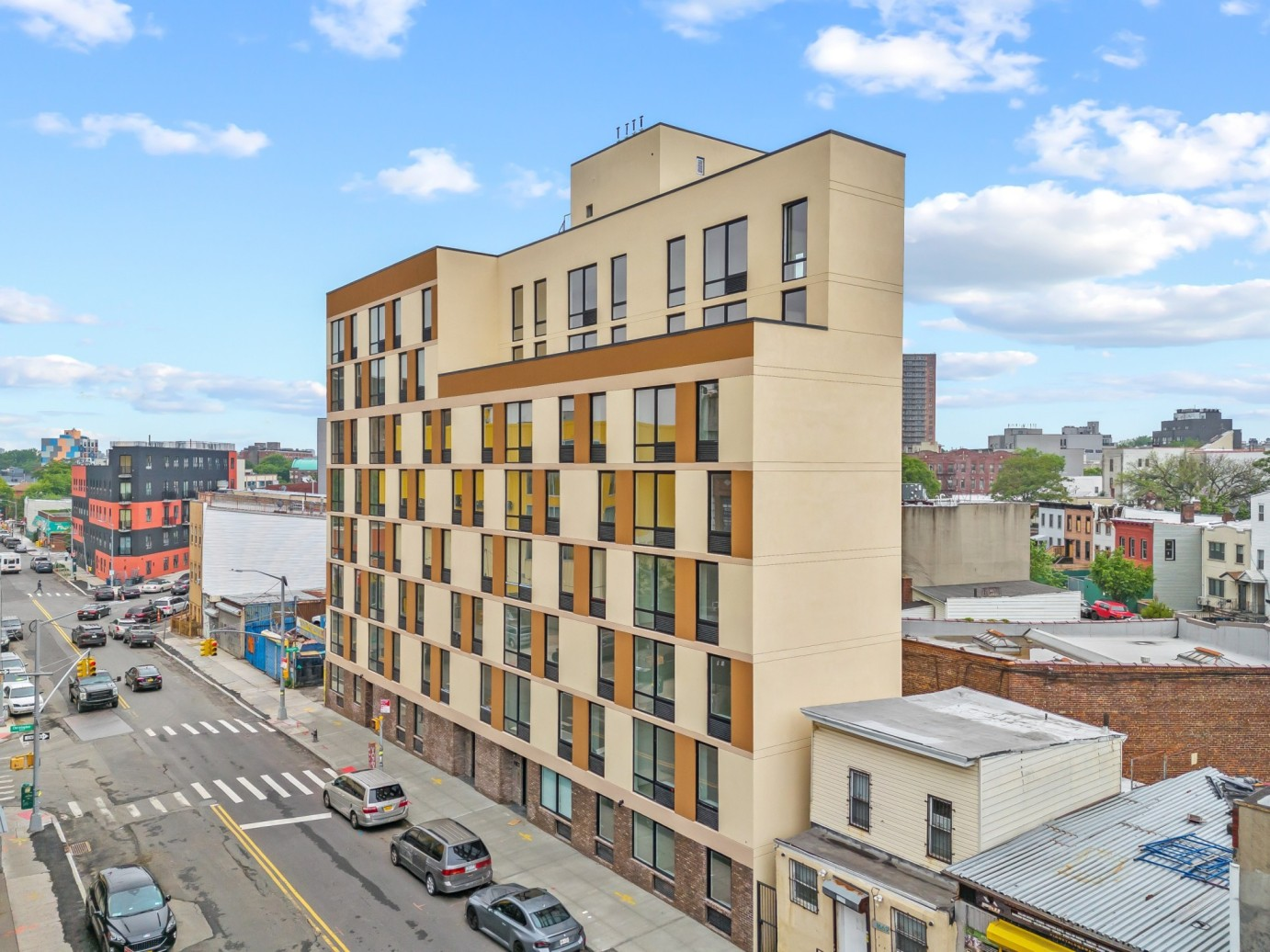Quote of the Day
The problem is the government doing something about foreclosures means the government using your and my taxes to pay for bad debts taken during the housing bubble. I don’t have a problem with my taxes being used to help out people of good will who have found themselves in a temporary tough spot with paying…
![]() The problem is the government doing something about foreclosures means the government using your and my taxes to pay for bad debts taken during the housing bubble. I don’t have a problem with my taxes being used to help out people of good will who have found themselves in a temporary tough spot with paying the mortgage on their primary (and only!) residence and need some help to get through it. But the people who took out the liar loans, people with 2 or more properties, and the house flippers who got caught should all be foreclosed on if they can’t pay their bills imho. And the government should not be trying to prop up real estate prices any more than it props up my 401k.
The problem is the government doing something about foreclosures means the government using your and my taxes to pay for bad debts taken during the housing bubble. I don’t have a problem with my taxes being used to help out people of good will who have found themselves in a temporary tough spot with paying the mortgage on their primary (and only!) residence and need some help to get through it. But the people who took out the liar loans, people with 2 or more properties, and the house flippers who got caught should all be foreclosed on if they can’t pay their bills imho. And the government should not be trying to prop up real estate prices any more than it props up my 401k.
— by northsloperenter in Blinder: ‘Fiddling on Foreclosures’





“What has it gotten for us, except more debt issued to foreign countries?”
A recession instead of a depression? (I can’t really prove that-but neither can you prove the opposite).
But I get your slippery slope argument. At the same time, not doing anything is a choice in and of itself, for better of worse.
I don’t think either of us is going to convince the other, at least today. Thanks for the good debate.
Traveller;
No one can doubt that the banks lost their minds the past few years. Our economy cannot funtcion, however, unless they sober up, and no amount of government intervention can work unless we get the banks back in charge of the business of financing.
Where would you draw the line if the government stepped in? We would be on a slippery slope towards nationalizing the banks. Thomas Friedman of the NYT (whom I generally don’t like) put it well a few months ago: can you imagine Google (as a start-up) calling up a government-run bank and asking them for a loan for this crazy idea of a search engine with a button that says “I feel lucky”.?
I know that there are shades of gray in this issue, but we should proceed very, very carefully. So far, we’ve been too rash. We’ve already been through one stimulus package and half the TARP money. What has it gotten for us, except more debt issued to foreign countries?
Denton;
You are probably correct about the mortgages that have been packaged into CDO’s. The problem there is that no one is “in charge”, and has the authority to renegotiate the loan. These loans are sort of on “automatic pilot”,headed for the crash of foreclosure. I’m not sure what can be done in this case, as the Constitution does not allow the government to void a private contract. Perhaps in this case some program like that Northsloperenter is suggesting is in order. Perhaps the government can provide these folks some relief grant towards the loan, with the understanding that they share in the eventual upside.
For those loans that are held by the banks and/or Fannie Mae, I would encourage loan renegoatiation on a case-by-case basis, as I advocated above.
Benson – I agree that in many cases it’s in banks’ best interest to renegotiate vs. foreclose. The question is, after the last couple of years, do you trust the banks to do the right, sensible thing?
There was just a story in the NYTimes about a bank effectively forcing a home builder into foreclosure – someone who was not at all delinquent in his payments – as a consequence of which he and all his employees are now out of business. This may have been in the short term interest of the lender, but net net was it the right decision, both in the narrow sense as well as based on the greater economic impact?
I guess what I’m trying to say is that individual banks acting in their so-called “best interest” may not always be good for the economy in general – which is where gov’t needs to step in and advocate (admittely, often quite ham-handedly) on behalf of the greater good.
http://www.nytimes.com/2009/01/20/business/economy/20builders.html?scp=1&sq=foreclosure%20home%20builder&st=cse
“My fear is that if the government takes on this role, they will be ham-handed, and there will be a political dimension to their decision-making that will get us into further trouble down the road.”
Yeah, this could be a problem. The banks should be the ones making the decisions, although it should be possible for the government to provide incentive/support for banks to renegotiate.
But I think anything that is done has to avoid encouraging people to let their mortgages go into default. How you help people who need it without encouraging other people to scam the system is a big problem.
Maybe there could be some sort of requirement that any future sales of homes with mortgages that benefited from government assistance will not be eligible for the capital gains tax break and/or have a special tax levied against the property when it is sold or inherited.
benson, I don’t disagree, in general, but from what I’ve read, the banks are only holding a small part of this mess as mortgages. The majority have been sold off and packaged as securities, and sometimes no one can even figure out who owns the underlying mortgages. In fact I recall certain hedge funds saying they would sue the guvment if they attempted to re-negotiate mortgages that backed securities that they were holding.
Yea, the size of the problem is going to foreclose (pardon the word choice) the possibility of separating those of good will from those of, well, less than good will. You’d need a bureaucracy on the scale of the IRS to make such delineations. As a renter, it hurts me to say it since I directly benefit from rapidly-falling prices, but we’re going to have to bailout some that don’t deserve it in the name of keeping those ship from sinking.
Sam;
Since the debate has moved to this thread, I resend my last post from that other thread (Iknow is the guy I was responding to there):
Iknow is right about the economic impact of widespread foreclosures. I would counter that the entity that is most aware of this fact, and able to act on it, are the banks themselves. Banks lose alot of money if a house goes into foreclosure. They have to pay legal fees to proceed with foreclosure, money to maintain the property while it is waiting to be sold off and fees to dispose of the property. They lose even more money if the price they can fetch is depressed due to alot of foreclosures in an area.
It is for this reason that foreclosure is the last resort for banks. They could save themselves alot of money by renegotiating a loan, if it is possible to salvage the situation.
I would argue that it is for this reason that the banks themselves are the best arbiters of the “renegotiate versus foreclose” decision. They are incentivized to avoid foreclosure where possible, and have the means to judge someone’s ability to meet the new terms.
My fear is that if the government takes on this role, they will be ham-handed, and there will be a political dimension to their decision-making that will get us into further trouble down the road. Let’s not forget one of the largest roots of this housing bubble: Alan Greenspan kept interest rates low for too long in the years 2002-2005, because he wanted the banks to recover their losses and stimulate the economy after the dot-com implosion. He looked like a genius at the time, but now we know better. I’m afraid of a repeat of this situation.
trouble is, 5 million foreclosures next year drags us all down better to encourge short sales, principal reduction, term and rate change to keep folks in their homes rather than have millions of vacant wrecks on the market rates are going to 3% anyway, might as well start
issue is – processing millions of loan modifications – how can we deal with that?
has to be done one by one